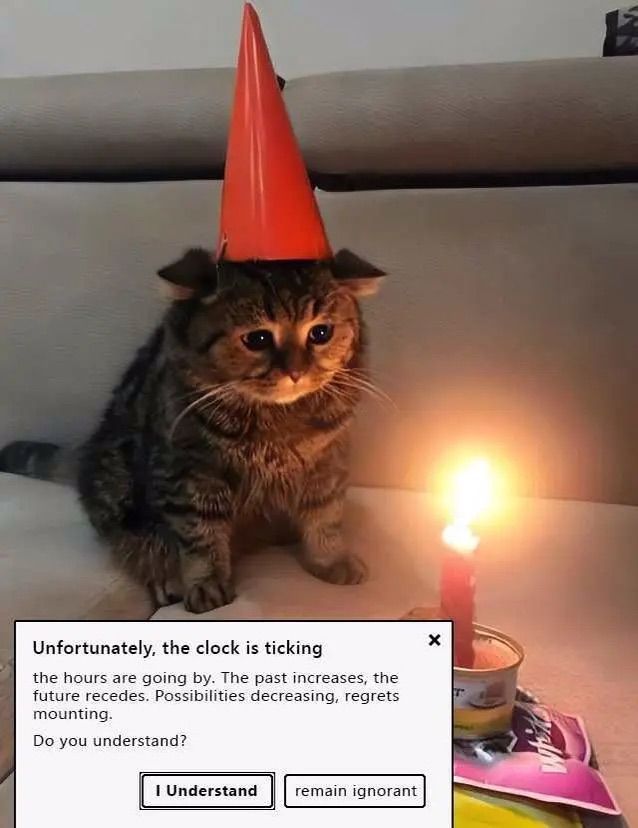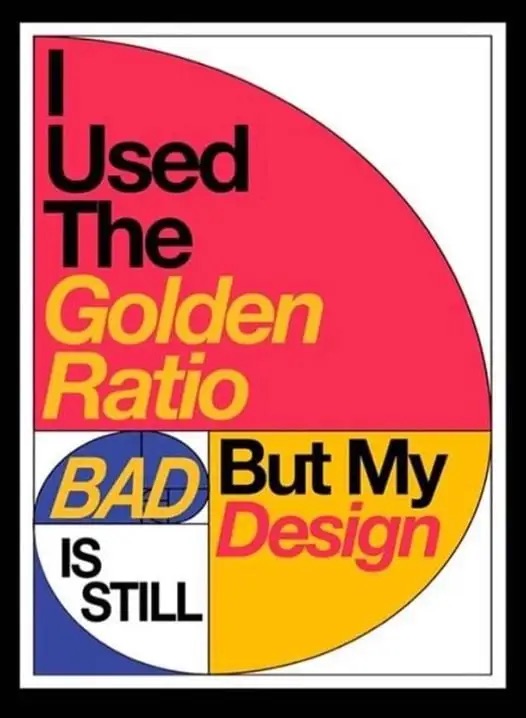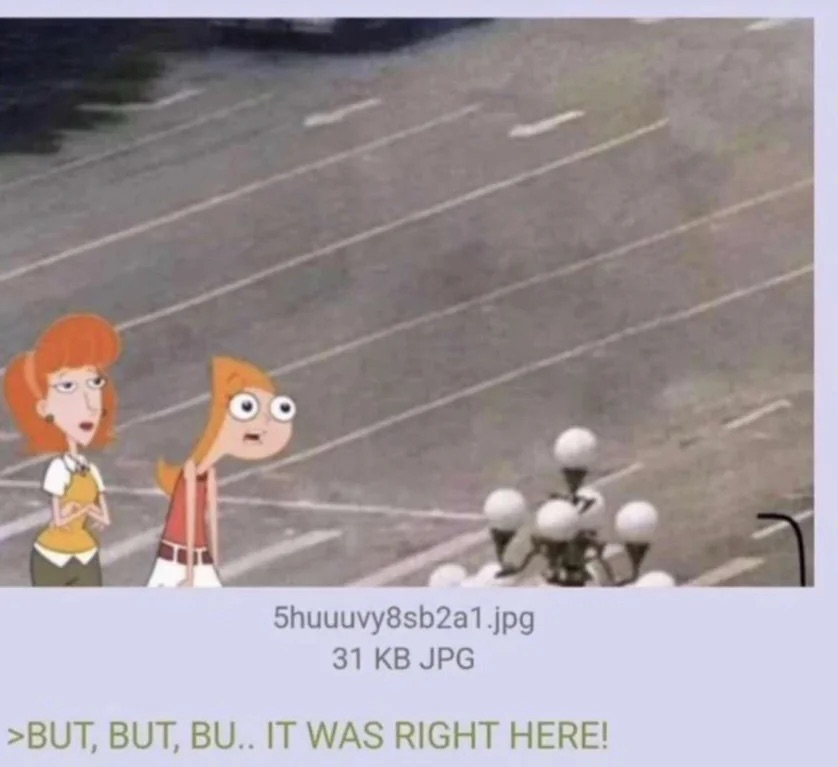brb, boutta update my teaching philosophy in case I decide to go on the job market again
roadsidewildflower
hmm I'm trying to remember how they reacted, and honestly they couldn't entirely remember. I think they liked voting for which one went up there, mostly because middle schoolers really like voicing their opinion. Probably a lot of them thought it was dumb, and some of them thought it was neat. To be honest, any way that middle schoolers are interacting with the subject of death is going to be fairly surface-level given where they are in their development as humans. But, I hope I was able to give them some of the tools to really begin exploring what these ideas mean to them, especially when the ideas and feelings start hitting like semis as they age. We also did a bunch of cool things, like I had a quarter where each week we'd read a fairy/folk tale or two centered around an idea (beauty, greed, evil, etc.), and then read some philosophy/news adjusted to their level that complimented the idea, and then they'd do some writing or whatever. Pretty fun. Kids seemed to actually like it tbh
But then I moved from my struggling rural district to a polarized rural/suburban district, and the kids there hated it and whined everything was too dark smh
Yes, I actually intended this as a personal attack specifically for you! So glad you saw it!!
A few years ago I read Tuck Everlasting with my middle school students and had them brainstorm a momento mori phrase we could write and put next to the clock by the door, as a reminder that both death was coming and that the more they wished time would go by for class to be over, the more their very lives passed them by. We did a little poll, one phrase won, and I put it up on posterboard by the clock. Only thing is, I can’t remember the phrase. How I wish I could. But time wears away at us all and robs us of the little things, these little memories that make us ourselves, until we exit life as the same tabula rasa we were at birth. Like waves slipping in, and out, leaving nothing but smooth sand left in their wake; a half memory of what used to be, as the cycle of life and tine churns ever on.
A few years ago I read Tuck Everlasting with my middle school students and had them brainstorm a momento mori phrase we could write and put next to the clock by the door, as a reminder that both death was coming and that the more they wished time would go by for class to be over, the more their very lives passed them by. We did a little poll, one phrase won, and I put it up on posterboard by the clock. Only thing is, I can't remember the phrase. How I wish I could. But time wears away at us all and robs us of the little things, these little memories that make us ourselves, until we exit life as the same tabula rasa we were at birth.
time's the biggest goon of all
we’re not born “to” anything
umm ackshually someone else told me that we're born to pass on our genes, so checkmate camus
i'm sorry but i don't think the dog is capable of holding a conversation back
lol you're arguing with the unabombers manifesto btw
naturalistic fallacy, check mate
INDUSTRIAL SOCIETY AND ITS FUTURE
Introduction
-
The Industrial Revolution and its consequences have been a disaster for the human race. They have greatly increased the life-expectancy of those of us who live in "advanced" countries, but they have destabilized society, have made life unfulfilling, have subjected human beings to indignities, have led to widespread psychological suffering (in the Third World to physical suffering as well) and have inflicted severe damage on the natural world. The continued development of technology will worsen the situation. It will certainly subject human beings to greater indignities and inflict greater damage on the natural world, it will probably lead to greater social disruption and psychological suffering, and it may lead to increased physical suffering even in "advanced" countries.
-
The industrial-technological system may survive or it may break down. If it survives, it MAY eventually achieve a low level of physical and psychological suffering, but only after passing through a long and very painful period of adjustment and only at the cost of permanently reducing human beings and many other living organisms to engineered products and mere cogs in the social machine. Furthermore, if the system survives, the consequences will be inevitable: There is no way of reforming or modifying the system so as to prevent it from depriving people of dignity and autonomy.
-
If the system breaks down the consequences will still be very painful. But the bigger the system grows the more disastrous the results of its breakdown will be, so if it is to break down it had best break down sooner rather than later.
-
We therefore advocate a revolution against the industrial system. This revolution may or may not make use of violence; it may be sudden or it may be a relatively gradual process spanning a few decades. We can't predict any of that. But we do outline in a very general way the measures that those who hate the industrial system should take in order to prepare the way for a revolution against that form of society. This is not to be a POLITICAL revolution. Its object will be to overthrow not governments but the economic and technological basis of the present society.
-
In this article we give attention to only some of the negative developments that have grown out of the industrial-technological system. Other such developments we mention only briefly or ignore altogether. This does not mean that we regard these other developments as unimportant. For practical reasons we have to confine our discussion to areas that have received insufficient public attention or in which we have something new to say. For example, since there are well-developed environmental and wilderness movements, we have written very little about environmental degradation or the destruction of wild nature, even though we consider these to be highly important.












fucking beautiful, stealing it